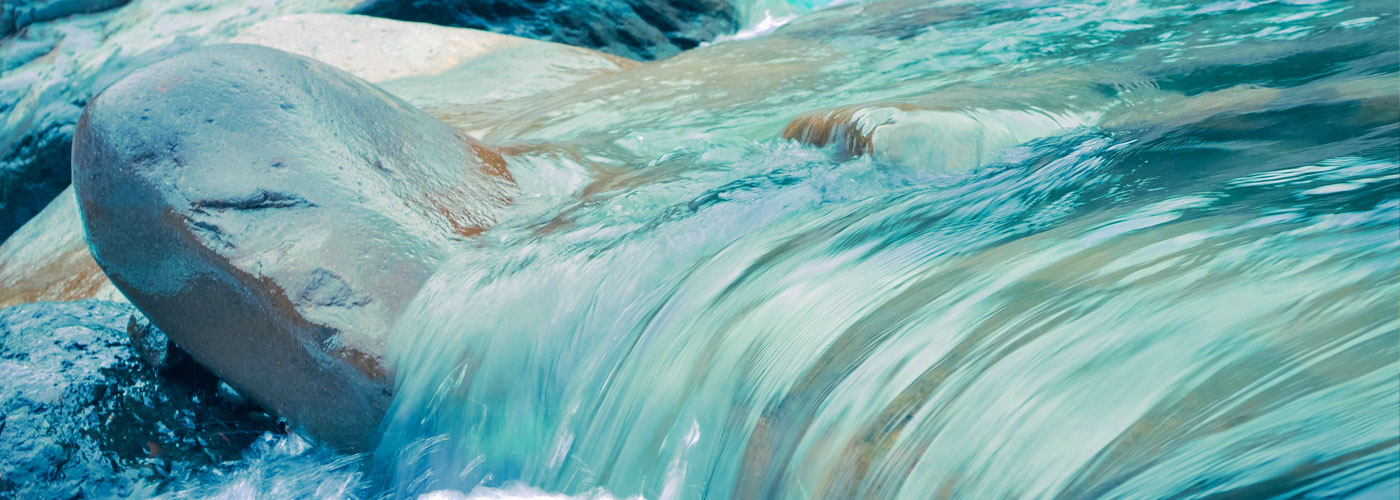Rachel Faller, founder of tonlé, a Cambodian based fashion company, poses a simple question. How many of us can ensure our clothes were made without the use of slavery or significant and needless damage to the environment? And if we could, in the wake we would find exploitation, which many of us are well aware of but feel largely helpless to change.
How many of us can ensure our clothes were made without the use of slavery or significant and needless damage to the environment? Tweet This Quote
That’s why Faller remained in Cambodia after studying fair trade for her Fulbright Scholarship to open her own factory and set a new norm.
Tonlé means river and symbolizes movement, change, growth and potential—qualities she wants to see for an industry that she loves for its creativity, but despises for its damage.
“The garment industry is actually the second largest polluting industry in the world,” she explains. “It has polluted over 70% of China’s waterways, for example, with toxic dyes and chemicals. Tons of carbon are being emitted into the atmosphere. Half the world’s textiles are actually made out of petroleum and when you burn that, or put that in a landfill, it obviously has devastating consequences.”
In fact, brands with recognizable patterns or trademarks will burn fabrics so no one else can use them.
The garment industry is actually the second largest polluting industry in the world; it has polluted over 70% of China’s waterways.” Tweet This Quote
“In addition to all that pollution,” Faller adds, “about half of the materials that are created are wasted in the process of getting them to us as final products. So, imagine if we were able to cut that waste down. Imagine if we were able to cut that production down in half by just not wasting as much.”
Starting out, Faller considered sourcing organic cotton—important because the worst of the exploitation is at this level—and working from scratch to ethically produce clothing. But even with her drive and expertise, she couldn’t find a sustainable source.
“I was contacting organic cotton companies, and they couldn’t tell me who made it or how much their workers were paid,” she says. “I couldn’t buy it.”
Half of the materials that are created are wasted in the process of getting them to us as final products. Tweet This Quote
Instead of relying on discovering the perfect silver bullet, Faller found a practical entry point to build her business. All the garments are made from remnant materials sourced from factories that would otherwise throw them away or burn them.
The large scraps are sorted by color and made into clothes. Even the smaller scraps are spun into yarn then made into totes, scarfs, jewelry and other designs. No lack of creativity on behalf of the tonlé team, which employs mostly Cambodians (around 40) working in small factories. Their bios can be seen on the tonlé site and each maker signs the garments they make. Even the smallest scraps are turned into paper, making tonlé the only completely zero-waste fashion company on the market—and that translates to a ton of benefit for the planet.
How many tons? 11 tons—the weight of two Asian elephants—does not enter a landfill or get burned. This prevents 77 tons of carbon from entering the atmosphere and spares the use of 46 million gallons of water.
Tonlé is the only completely zero-waste fashion company on the market. Tweet This Quote
“Hopefully, with zero waste everyone will adopt it, and it won’t be a differentiating factor,” she says.
Tonlé contracts with other designers to help them get on board with zero waste efforts. They sell online, in four stores in Cambodia, as a wholesaler to retailers (mostly boutiques) and are hoping to scale up their wholesale output to expand across the US and other countries.
“I believe the role of the small brands like us is to prove that it can be done, and then if customers see that then they’ll demand that,” she says. “I do think the market share for the smaller ethical fashion brands will grow, but for bigger changes, the bigger brands have to get on board and they’ll just be slower to do that, but it’ll happen.”



